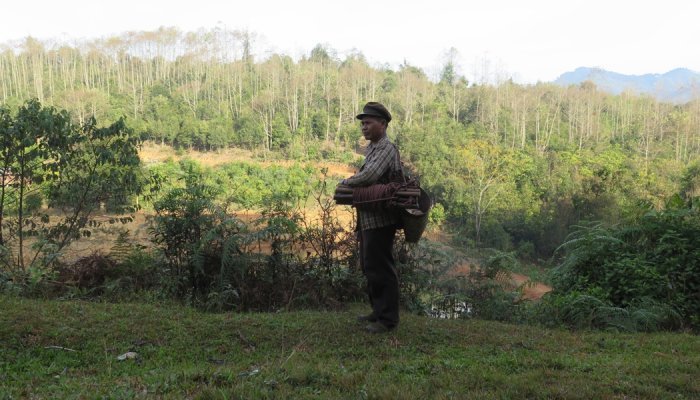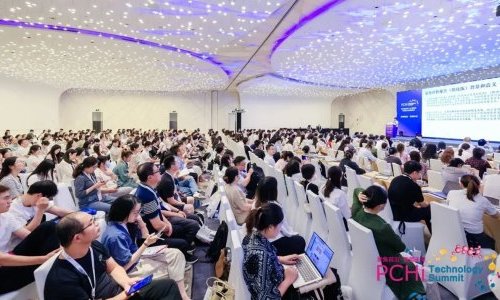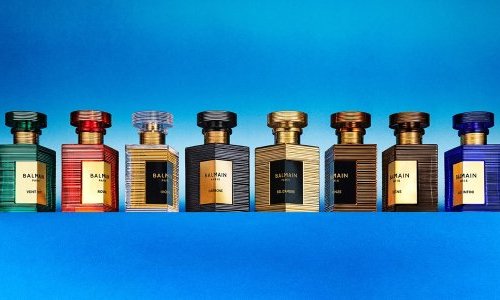“We face a wide variety of challenges, which exacerbates our responsibility to maintain our commitments over time, when it comes to long-cycle production,” said a spokesperson of Agroforex, a company supplying fragrance makers with gurjun, benzoin and aquilaria (agarwood or oud) from Laos.
Long-term partnerships
The production of these precious fragrance ingredients is based on long cycles (at least 20 years for aquilaria, 18 years for benzoin, and at least 30 years for gurjun) which involve long-term relationships and commitments with local communities. However, sustainable productions, also means to implement an approach with multiple criteria (biodiversity, responsibility, traceability, CITES, Nagoya Protocol, etc.) that may be familiar to the industry today, but must be explained and understood by village communities and the different levels of administration.
Founded in 1992, Agroforex Company works at the very beginning of the sector, as close as possible to the communities of growers and harvesters. “While they are technically essential for the perfume and flavour industries, the resources on which we work are often considered as minor productions by the authorities who are moving towards crops with greater potential (rubber trees, eucalyptus, cassava, sugar cane, etc.) that generate local manufacturing industries (latex, paper pulp, sugar, ethanol, etc.), with the support of regional banks.”
After the freezing rains in 2015-2016 that wiped out entire sections of the styraxicole estate (Styrax tonkinensis is the tree from the bark of which benzoin comes), Agroforex thus initiated a conservation program covering several hundred hectares, a rather unusual approach in the private sector. This explains why it is so important for the companies engaged in such large-scale initiatives of to obtain a long-term support from user industries.
Biodiversity and local economies
Whether it is Styrax tonkinensis for the production of benzoin, Aquilaria crassna for oud, many of the natural resources at the origin of these ingredients have a very strong link with biodiversity and the “primary actors”, the collecting farmers.
Trees such as Styrax tonkinensis need lianas, for example, to reduce radiation and prevent cracking of the bark to be exploited. Others, such as Aquilaria crassna, require a certain type of stinging ant to generate agarwood (oud). The primary actors, keen observers, will bring their expertise to this without it appearing. This where, the expertise of local populations is invaluable.
Furthermore, the exploitation of these products is generally manual. It is organized around plural systems (multi-agricultural activities on a family scale) capable of containing the rural exodus and ensuring a stable food supply for residents, which are essential conditions for perpetuating the primary management of these resources.
For these “primary actors” this poly-activity mitigates risks (economic, climatic, etc.) and these products, obtained on a small scale and on small areas, are a source of monetary income.
“We act, against all odds, driven by curiosity and the passion to provide perfumers with these ingredients that are as useful as they are essential,” highlights the company.
Agroforex Company will showcase their iconic ingredients at the World Perfumery Congress (WPC) from June 24-27, 2024 in Geneva, Switzerland, alongside six other independent producers and suppliers of natural perfumery ingredients united in a common stand under the “Naturals Corner” banner.





























